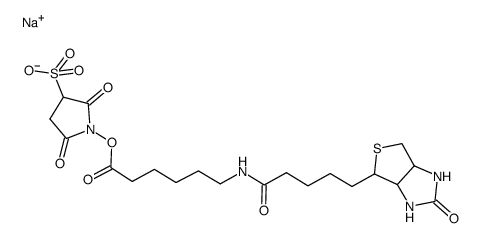DC-SIGN ligation on dendritic cells results in ERK and PI3K activation and modulates cytokine production.
Esther Caparrós, Pilar Munoz, Elena Sierra-Filardi, Diego Serrano-Gómez, Amaya Puig-Kröger, José L Rodríguez-Fernández, Mario Mellado, Jaime Sancho, Mercedes Zubiaur, Angel L Corbí
文献索引:Blood 107 , 3950-3958, (2006)
全文:HTML全文
摘要
The generation of pathogen-specific immune responses is dependent on the signaling capabilities of pathogen-recognition receptors. DC-SIGN is a C-type lectin that mediates capture and internalization of viral, bacterial, and fungal pathogens by myeloid dendritic cells. DC-SIGN-interacting pathogens are thought to modulate dendritic cell maturation by interfering with intracellular signaling from Toll-like receptor molecules. We report that engagement of DC-SIGN by specific antibodies does not promote dendritic cell maturation but induces ERK1/2 and Akt phosphorylation without concomitant p38MAPK activation. DC-SIGN ligation also triggers PLCgamma phosphorylation and transient increases in intracellular calcium in dendritic cells. In agreement with its signaling capabilities, a fraction of DC-SIGN molecules partitions within lipid raft-enriched membrane fractions both in DC-SIGN-transfected and dendritic cells. Moreover, DC-SIGN in dendritic cells coprecipitates with the tyrosine kinases Lyn and Syk. The relevance of the DC-SIGN-initiated signals was demonstrated in monocyte-derived dendritic cells, as DC-SIGN cross-linking synergizes with TNF-alpha for IL-10 release and enhances the production of LPS-induced IL-10. These results demonstrate that DC-SIGN-triggered intracellular signals modulate dendritic cell maturation. Since pathogens stimulate Th2 responses via preferential activation of ERK1/2, these results provide a molecular explanation for the ability of DC-SIGN-interacting pathogens to preferentially evoke Th2-type immune responses.
相关化合物
| 结构式 | 名称/CAS号 | 分子式 | 全部文献 |
|---|---|---|---|
 |
生物素酰氨基己酸-3-磺酸基-N-羟基琥珀酰亚胺酯
CAS:127062-22-0 |
C20H29N4NaO9S2 |
|
Dehydrogenase-modified carbon-fiber microelectrodes for the ...
1993-03-01 [Anal. Chem. 65 , 623-630, (1993)] |
|
Inhibition of platelet-derived growth factor-BB-induced rece...
2006-09-08 [J. Biol. Chem. 281 , 26512-26519, (2006)] |
|
Activation of mu-opioid receptors transfers control of Galph...
2005-03-11 [J. Biol. Chem. 280 , 8951-8960, (2005)] |
|
A screening for the occurrence of autoreactive antibodies in...
2006-02-01 [Reprod. Domest. Anim. 41(1) , 48-54, (2006)] |
|
Proteomic approach to the identification of cell membrane pr...
2000-01-01 [Electrophoresis 21 , 460-464, (2000)] |